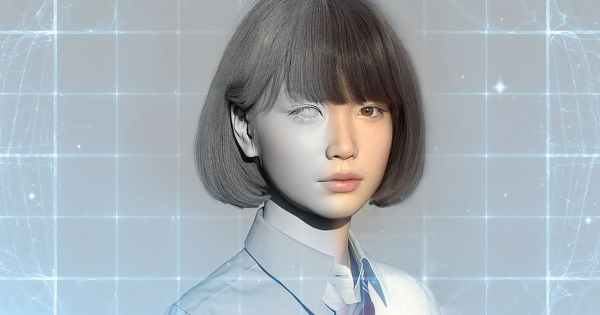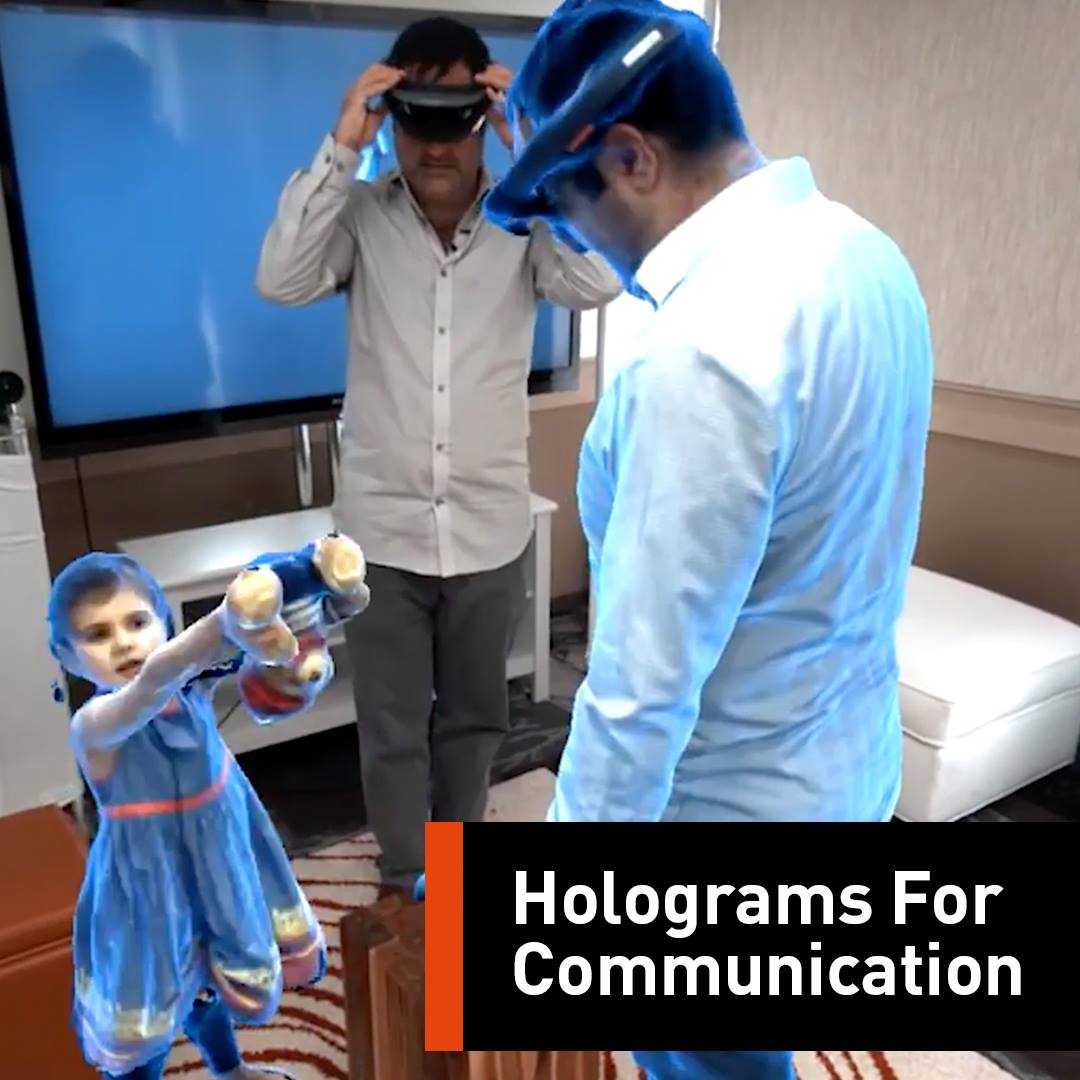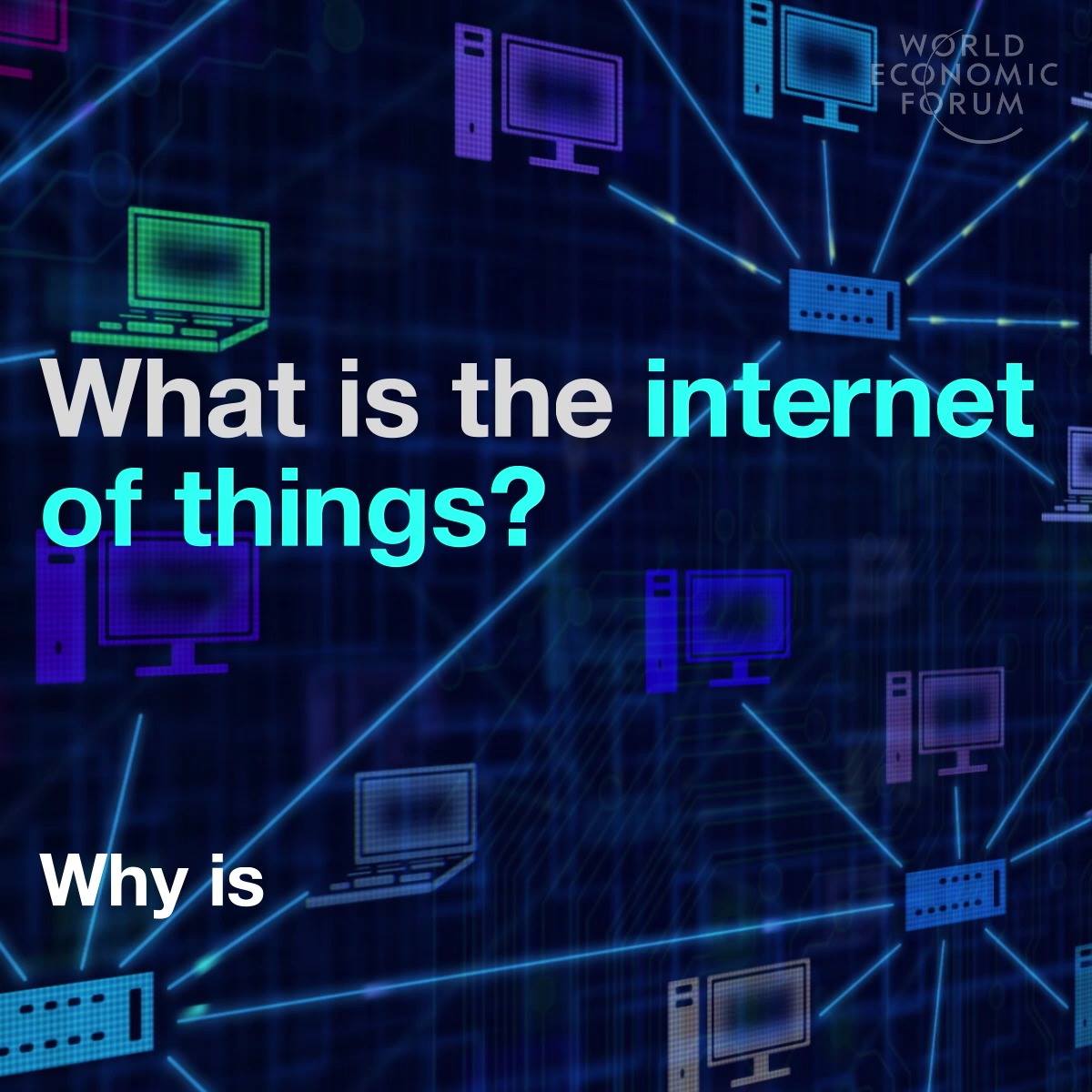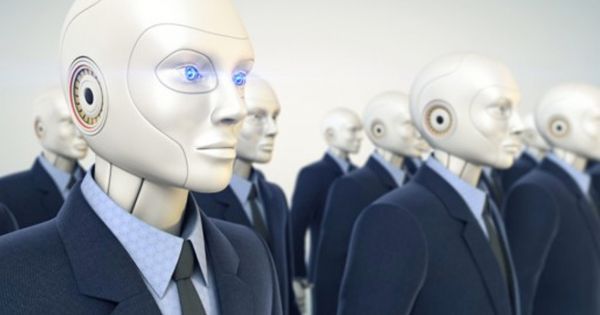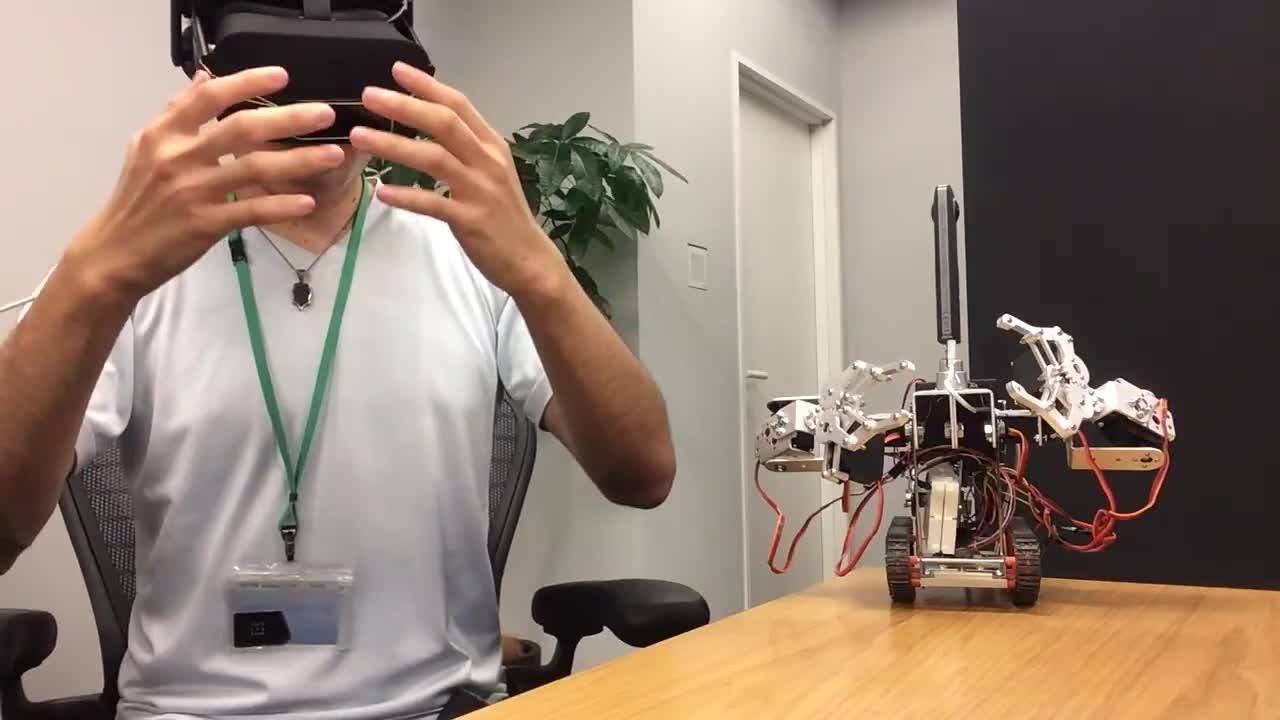Saya is a computer-generated school girl created by Japanese artists Teruyuki Ishikawa and Yuka Ishikawa. She looks so detailed that she has broken past the uncanny valley, and she could herald a new era in CGI.
Japanese artists Teruyuki Ishikawa & Yuka Ishikawa (a.k.a Telyuka) have given birth to Saya, and she’s remarkable. But despite how realistic she may look, she’s not real. Rather, she’s a computer-generated rendition of a school girl.
Telkuya started the Saya project in 2015, and they have been working to constantly improve her—make her more detailed and more life-like.
